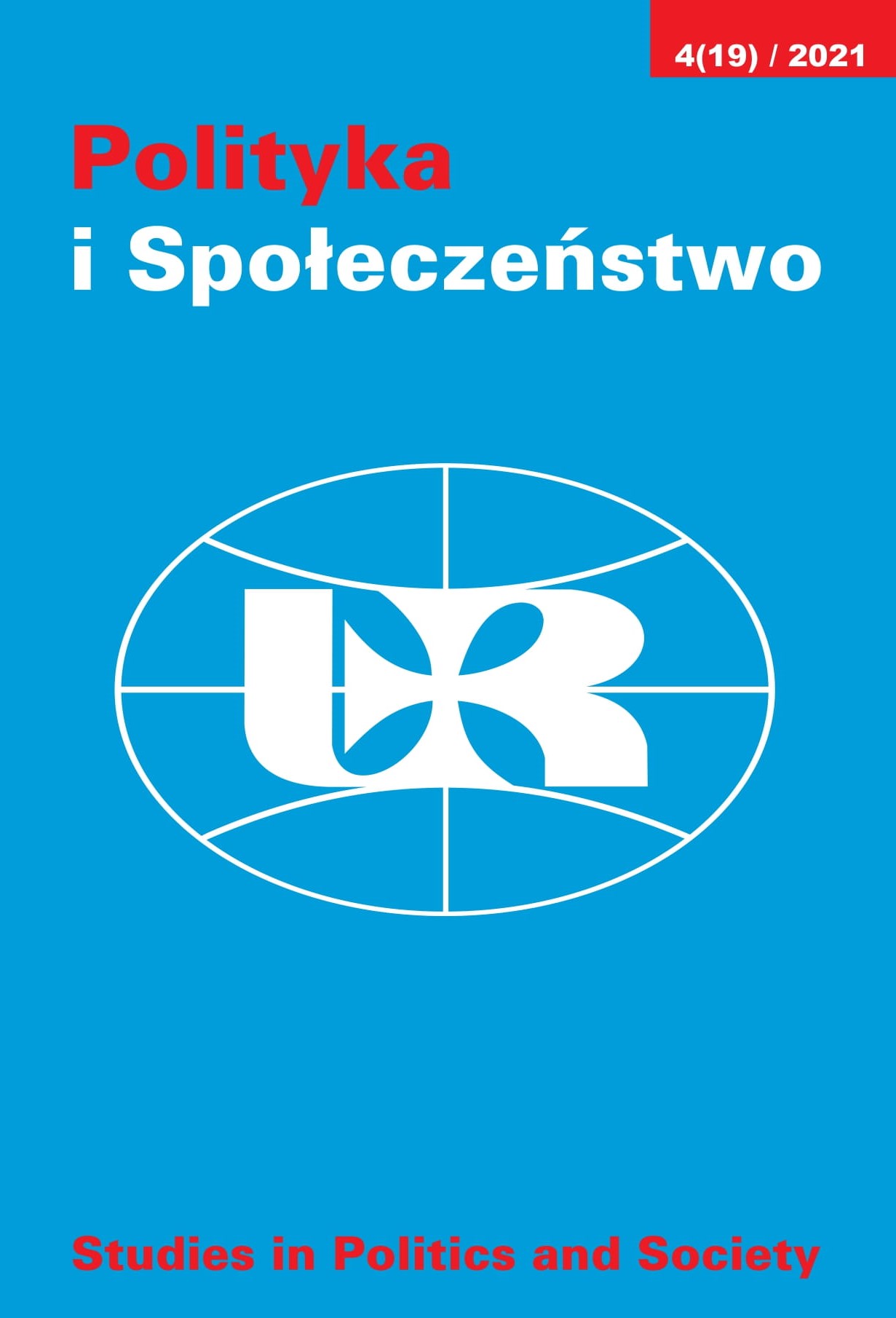Political marketing, or how to win elections?
DOI:
https://doi.org/10.15584/polispol.2021.4.10Keywords:
political marketing, elections, voters, candidates, campaingAbstract
The subject of the presented article is the issue of political marketing as a way to electoral victory. Marketing, promotion and advertising are useful instruments to achieve political goals. Knowing how to put these measures into practice is an expression of increasing professionalism in the field of political knowledge. Marketing instruments are useful not only during election campaigns, but also in the daily activities of political leaders, social institutions, political parties, trade unions and other participants in political life. This may concern the design and practical application of various political strategies, creating the image of a politician a newly formed political organization, advertising to the public a government policy of significant importance to the state, or promoting the image of a country, city or region. In recent decades, election campaigns have become permanent, not limited as before to the closed periods immediately preceding voting. Thus, the knowledge of marketing has gained greater importance in the political enviroments of modern countries. The adaptation of professional marketing techniques to the sphere of political activities and the use of the potential of contemporary media have significantly influenced the way politics is conducted. In a way, the audience and the media decide about the goals, methods and strategy of a political campaign. The model of the American campaign has become a model for many countries, especially those - such as Poland - that entered the path of democratic transitions after 1989. There are many factors which contribute to the reception of American techniques.
Downloads
Published
How to Cite
Issue
Section
License
Copyright (c) 2021 Studies in Politics and Society

This work is licensed under a Creative Commons Attribution-ShareAlike 4.0 International License.


